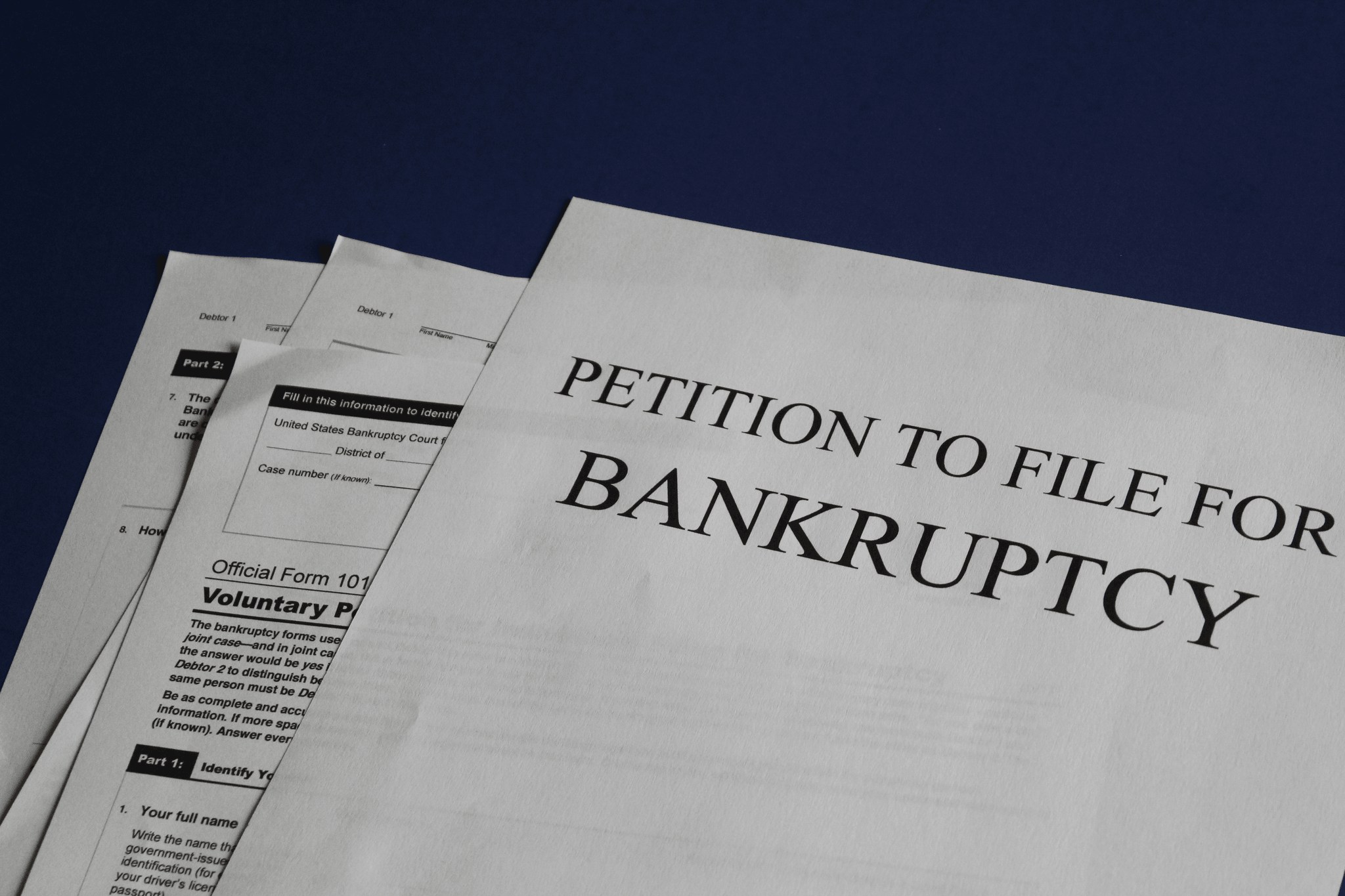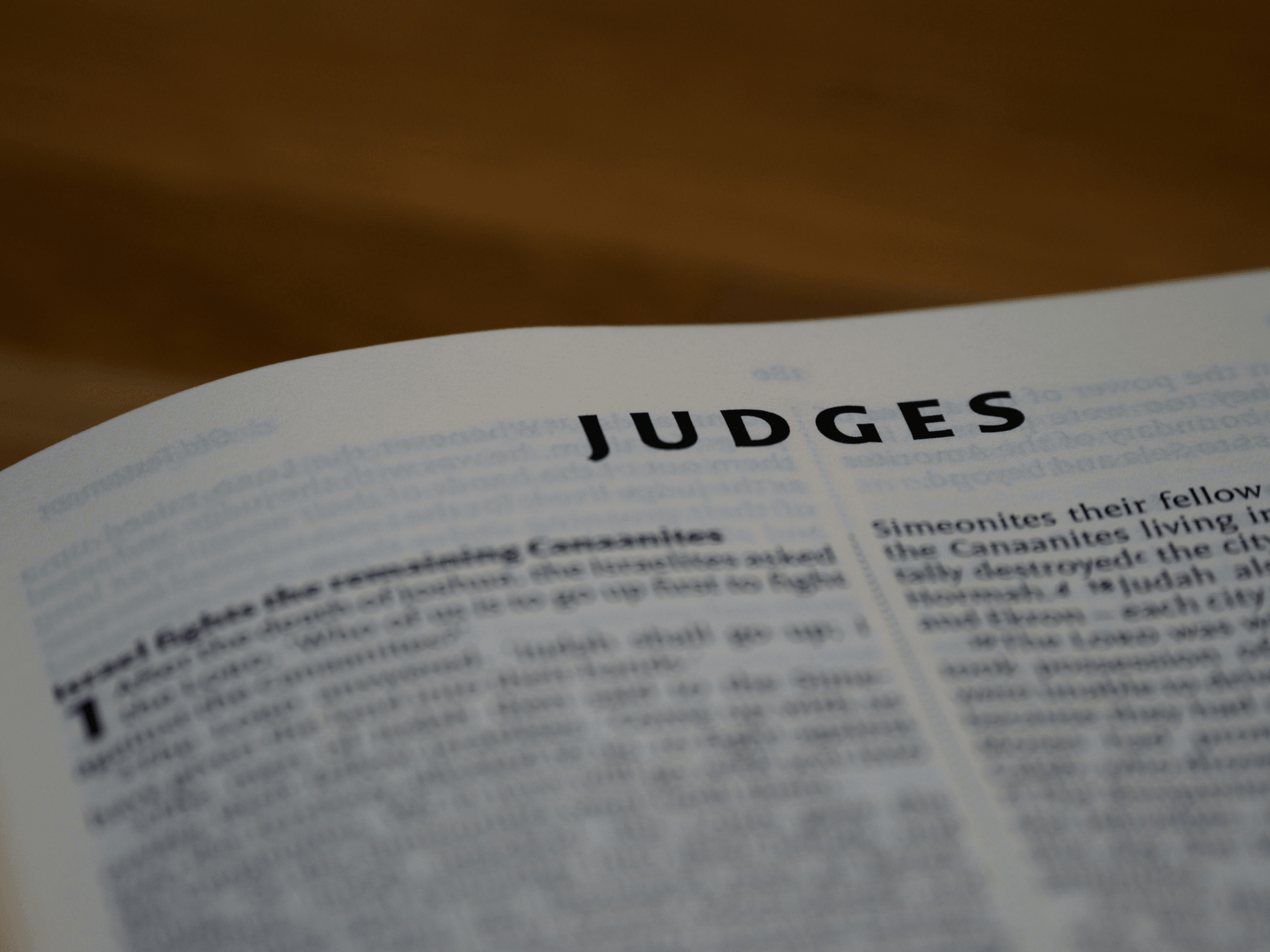Introduction
Navigating the world of debt collection in China can feel like traversing a labyrinth of legalities, cultural nuances, and financial intricacies. Understanding how debt collection operates in this vast country is crucial for both creditors and debtors alike. From the role of a china debt collection agency to the various types of debts that can arise, this guide will illuminate key aspects of the process while addressing common questions such as When is it the case of debt in China? and How does the debt recovery process take place?
Understanding Debt Collection in China
In China, debt collection is not merely about chasing payments; it's embedded within a broader legal framework that governs financial transactions. The complexities arise from differing types of debts—commercial versus personal—and various recovery methods employed by agencies. By grasping these foundational elements, stakeholders can better navigate challenges and seek effective solutions.
The Role of China Debt Collection Agencies
China debt collection agencies serve as intermediaries between creditors and debtors, facilitating communication and negotiation to recover outstanding amounts. These agencies are equipped with local knowledge and expertise, making them invaluable allies in tackling debts efficiently. Their role often extends beyond mere collections; they also provide mediation services and advice on legal proceedings when necessary.
Navigating Bankruptcy Scenarios
Bankruptcy scenarios present unique challenges within China's financial landscape, necessitating a thorough understanding of relevant laws and procedures. When facing insolvency, individuals or businesses must consider their options carefully to minimize losses while maximizing recovery potential for creditors. This section will explore strategies for navigating bankruptcy effectively while ensuring compliance with Chinese regulations.
When is it the Case of Debt in China?

Identifying Debt Types
In China, debts can be broadly categorized into several types, including personal loans, business debts, and credit obligations. Personal debts often arise from consumer loans or credit card usage, while commercial debts typically involve contracts between businesses or unpaid invoices. Additionally, secured debts are backed by collateral—like property—while unsecured debts rely solely on the borrower's promise to repay; understanding these distinctions helps clarify how a **china debt collection agency** might approach recovery.
Recognizing these categories not only aids in identifying the nature of your financial obligations but also informs you about your rights and responsibilities under Chinese law. For example, personal loans may have different recovery processes compared to commercial debts due to varying legal frameworks governing each type. Thus, knowing what type of debt you're dealing with is crucial when considering options such as mediation or court proceedings.
Common Scenarios Leading to Debt
Debt can accumulate from a variety of everyday situations in China; understanding these scenarios can help prevent future financial pitfalls. One common scenario involves individuals who overextend themselves with credit cards or personal loans without fully assessing their repayment capabilities—a slippery slope that many find themselves on unexpectedly. Businesses may face similar challenges when they take on too many contracts without securing sufficient cash flow to meet their obligations.
Moreover, economic downturns often exacerbate these issues as companies struggle to maintain profitability while managing existing debts. Factors such as sudden market shifts or changes in regulations can lead even well-established businesses into precarious financial situations requiring intervention from a **china debt collection agency** for resolution. Recognizing these scenarios allows both individuals and businesses to take proactive measures before reaching critical levels of indebtedness.
Legal Framework Surrounding Debt
The legal landscape surrounding debt in China is complex yet essential for understanding how recoveries occur through formal channels like courts or mediation services offered by a **china debt collection agency**. The primary laws governing debt recovery include the Contract Law and various regulations set forth by local governments that dictate how creditors can pursue delinquent accounts legally and ethically.
In cases where amicable recovery methods fail, creditors often resort to litigation as a last resort; however, this process requires thorough preparation and an understanding of legal proceedings within Chinese courts. Knowing what types of documents are necessary—such as contracts or proof of payment—can significantly affect outcomes during court hearings related to unpaid debts. Therefore, being well-versed in this legal framework not only empowers creditors but also protects borrowers' rights amid potential disputes.
How Does the Debt Recovery Process Take Place?

Navigating the intricacies of debt recovery in China can feel like a game of chess—strategic, calculated, and sometimes unpredictable. Understanding how the debt recovery process takes place is crucial for both creditors and debtors alike. From initial steps to key players involved, this section will clarify what to expect when dealing with debts in China.
Initial Steps for Recovery
The first step in the debt recovery process typically involves identifying the type of debt at hand—commercial or personal—and determining its legitimacy. Once identified, a creditor may choose to engage a **china debt collection agency** that specializes in handling such matters, ensuring that they have the necessary expertise in local laws and practices. Gathering relevant documentation, such as contracts or invoices, is essential as it forms the backbone of any subsequent actions taken.
After establishing a clear understanding of the situation, creditors often send formal demand letters to debtors outlining their obligations and requesting payment by a specific date. This initial communication serves as both a reminder and a warning; it sets the tone for future interactions while also demonstrating seriousness about recovering what is owed. If payment isn't received promptly, creditors can escalate their efforts through mediation or even legal proceedings.
Mediation and Negotiation Options
In many cases, mediation and negotiation can provide an amicable solution without resorting to more aggressive tactics like court action or involving a **china debt collection agency** on a full scale. These methods allow both parties to discuss their concerns openly and work towards mutually beneficial solutions that could include extended payment plans or reduced settlements. Engaging in mediation helps preserve relationships between creditors and debtors—a crucial aspect in industries where continued collaboration is vital.
Negotiation often requires skilled facilitators who understand not only the legal framework surrounding debts but also cultural nuances that may influence outcomes. The flexibility offered by these options can lead to quicker resolutions compared to lengthy court processes associated with **debt collection in the court of law in China**. Ultimately, successful negotiations can save time and resources while fostering goodwill between parties.
Key Players in the Recovery Process
Several key players are involved throughout the recovery process who each play distinct roles that contribute to its success or failure. Creditors initiate actions based on their need for repayment while **china debt collection agencies** serve as intermediaries equipped with specialized knowledge about local regulations governing debts. Debtors are also pivotal; their willingness (or lack thereof) to cooperate significantly impacts how effectively debts are recovered.
Legal professionals may be engaged if disputes escalate beyond mediation stages—these experts help navigate complex legal landscapes during court proceedings related to **debt collection in the court of law in China** if necessary. Additionally, financial institutions may play roles depending on whether secured loans are involved since they hold collateral that can influence recovery strategies significantly. Understanding these dynamics ensures all parties are informed about potential outcomes based on their actions within this intricate web of relationships.
What Types of Debts Can Be Met in China?

In the landscape of debt in China, understanding the various types of debts is crucial for both creditors and debtors. The classification of debts can influence how a china debt collection agency approaches recovery and negotiation strategies. By grasping these distinctions, individuals and businesses can better navigate their financial obligations and rights.
Commercial vs. Personal Debt
Commercial debt typically involves transactions between businesses or between a business and an individual, often related to loans, credit lines, or unpaid invoices. On the other hand, personal debt arises from individual financial activities such as credit card balances or personal loans taken out for various reasons like education or medical expenses. Recognizing whether a situation falls under commercial or personal debt is essential when determining how to engage with a china debt collection agency effectively.
When it comes to recovery processes, commercial debts may have specific legal frameworks guiding them that differ from those applicable to personal debts. Businesses often have more resources at their disposal for negotiations and settlements compared to individuals facing personal financial challenges. This distinction significantly impacts how the debt recovery process takes place in China; thus understanding these categories helps streamline efforts in resolving outstanding debts.
Secured vs. Unsecured Debt
Secured debts are backed by collateral—assets that creditors can claim if the debtor defaults on repayment—while unsecured debts do not have such backing and are based solely on the borrower's promise to pay back the loan. Common examples of secured debt include mortgages and car loans, whereas unsecured debts typically involve credit cards or personal loans without collateral requirements. The nature of these debts influences not only how they are collected but also which methods might be employed during mediation.
China's legal framework surrounding secured versus unsecured debts plays a pivotal role in shaping recovery strategies employed by china debt collection agencies. For instance, recovering secured debt may lead to asset seizures if necessary, while unsecured collections often rely more heavily on negotiation tactics due to the absence of collateral backing claims. Thus understanding these types is vital for anyone asking themselves: When is it the case of debt in China?
Specific Industries with High Debt Rates
Certain industries in China experience higher rates of indebtedness due to various economic factors such as market volatility and cash flow issues; industries like construction, manufacturing, and retail frequently find themselves grappling with significant amounts owed. These sectors often face unique challenges that exacerbate their financial situations—such as fluctuating demand or rising operational costs—which can lead them into complicated bankruptcy scenarios if not managed properly.
The prevalence of high levels of indebtedness within specific industries means that specialized knowledge is required when engaging with a china debt collection agency focused on those sectors' unique needs for effective resolution strategies. Additionally, recognizing which industries struggle most with high rates allows creditors to tailor their approaches during mediation processes effectively while preparing for potential court actions if amicable solutions fail.
As we delve deeper into understanding these types of debts within China's economy, it's clear that navigating this complex landscape requires strategic insight into both legal frameworks and industry-specific challenges associated with each type—a vital consideration for anyone involved in China's intricate world of finance.
The Amicable Recovery Method in China

In the complex world of debt recovery, the amicable recovery method in China stands out as a preferred approach for many. This method emphasizes negotiation and mutual agreement rather than confrontation, making it a more palatable option for all parties involved. By fostering open communication, this technique can lead to quicker resolutions and less friction compared to traditional debt collection methods.
Benefits of Amicable Recovery
The benefits of amicable recovery are numerous and compelling, particularly in the context of a china debt collection agency's operations. First and foremost, this method helps maintain relationships between creditors and debtors, which is essential in business environments where ongoing partnerships matter. Additionally, it often results in lower costs since court proceedings can be expensive; thus, avoiding litigation can save both time and money for all parties involved.
Steps to Initiate Amicable Recovery
Initiating an amicable recovery process involves several key steps that any china debt collection agency would recommend. First, it's essential to gather all relevant documentation regarding the outstanding debt—this includes contracts, invoices, and communication records—to present a clear picture during negotiations. Next, reaching out directly to the debtor with a friendly yet professional tone sets the stage for productive discussions; emphasizing understanding rather than accusation can go a long way.
Once contact has been established, both parties should engage in open dialogue about repayment options that work for everyone involved. This may include payment plans or partial settlements based on mutual agreement—flexibility often leads to better outcomes! Lastly, documenting any agreements reached during these discussions is vital; this ensures clarity moving forward and serves as proof should disputes arise later on.
Successful Case Studies
Several successful case studies highlight how effective the amicable recovery method can be within China's unique financial landscape. For instance, one notable china debt collection agency successfully helped a local manufacturer recover over 80% of their outstanding debts through negotiation rather than litigation—demonstrating how collaboration can yield impressive results without resorting to courts.
Another example showcases an international firm that faced mounting unpaid invoices from Chinese partners; by employing an amicable approach involving direct communication and compromise on payment terms, they managed not only to recover funds but also strengthen their business relationships significantly.
These examples illustrate that when exploring What types of debts can be met in China?, even diverse situations ranging from commercial debts to personal loans benefit from adopting an amicable recovery strategy instead of jumping straight into legal proceedings.
Debt Collection in the Court of Law in China

Navigating the legal landscape of debt collection in China can feel like stepping into a labyrinth, especially when you consider the complexities involved. Understanding how the court system operates is crucial for anyone facing debt recovery issues. This section breaks down what you need to know about legal proceedings, preparing for court action, and what to expect when your case finally lands before a judge.
Understanding Legal Proceedings
The legal framework surrounding debts can be intricate, with several laws governing both personal and commercial debts. In many instances, a china debt collection agency may assist creditors by providing necessary documentation and evidence to support their claims during these proceedings. Familiarity with these processes not only helps streamline your case but also ensures that you are adequately prepared for potential outcomes.
Preparing for Court Action
Preparation is key when gearing up for court action related to debt recovery. Before stepping foot into the courtroom, you'll want to gather all relevant documents—contracts, payment records, correspondence with the debtor—anything that substantiates your claim will be invaluable during this process. Additionally, understanding how does the debt recovery process take place can provide insight into what evidence will be most persuasive.
Engaging a china debt collection agency can also bolster your preparation efforts; they often possess expertise in gathering evidence and presenting cases effectively before judges familiar with local laws and customs. Moreover, consulting with a legal professional who has experience dealing with debts similar to yours can help clarify any uncertainties about what types of debts can be met in China through judicial means.
What to Expect in Court
Entering a courtroom can be intimidating; however, knowing what to expect helps ease some of those nerves associated with such proceedings. Typically, both parties will present their cases—creditors will outline why they believe they are owed money while debtors may offer defenses or counterclaims regarding their financial situations or disputes over terms agreed upon initially. This back-and-forth dialogue is crucial as it allows both sides an opportunity to express their perspectives on the matter at hand.
During this phase of debt collection in the court of law in China, judges often encourage mediation before proceeding further—this aligns well with The amicable recovery method in China that seeks resolution outside traditional litigation paths whenever possible. If mediation fails or isn't viable due to circumstances surrounding your case (such as unwillingness from either party), then further hearings may follow until a judgment is reached.
In conclusion, being well-informed about each aspect—from understanding legal proceedings through preparation strategies—to having realistic expectations during court appearances makes navigating these turbulent waters more manageable for anyone dealing with debts within China's complex system.
Conclusion

Navigating the complex landscape of debt in China can be a daunting task, but understanding your options is crucial. Whether you're dealing with personal or commercial debts, knowing when it is the case of debt in China and how the debt recovery process takes place can empower you to make informed decisions. From exploring amicable recovery methods to engaging a china debt collection agency, there are various avenues available for effective resolution.
Exploring Options with AC&E
When faced with mounting debts, turning to an experienced china debt collection agency like AC&E can be a game-changer. They specialize in understanding the nuances of local laws and practices, making them invaluable allies in your quest for recovery. By leveraging their expertise, you gain access to tailored strategies that cater specifically to your situation.
AC&E not only assists in identifying what types of debts can be met in China but also provides guidance on mediation and negotiation options that could lead to a more favorable outcome. Their approach emphasizes communication and collaboration, which are often key elements in resolving disputes amicably. Engaging with such agencies allows individuals and businesses alike to focus on their core activities while leaving the complexities of debt recovery to professionals.
Strategic Approaches to Debt Recovery
When considering how does the debt recovery process take place?, it's essential to adopt strategic approaches that align with your specific circumstances. Initiating contact through amicable channels often proves beneficial before escalating matters legally; this is where understanding The amicable recovery method in China comes into play. Such methods not only preserve relationships but also pave the way for smoother negotiations.
In addition, staying informed about common scenarios leading to debt can help prevent future occurrences and prepare you for potential challenges ahead. Being proactive means recognizing signs early on and addressing them before they spiral out of control—an ounce of prevention is worth a pound of cure! Ultimately, having a well-thought-out plan enhances your chances of successful outcomes during both informal discussions and formal court proceedings.
Final Thoughts on Navigating Bankruptcy
Navigating bankruptcy is never easy; however, knowing what types of debts can be met in China helps demystify this challenging process. The legal framework surrounding bankruptcy provides certain protections while also outlining responsibilities that must be adhered to by all parties involved—understanding these intricacies will serve you well if you find yourself at this crossroads.
Moreover, remember that engaging a qualified china debt collection agency can offer insights into whether pursuing legal action or opting for mediation may yield better results based on your unique situation—each case is different! With strategic planning and support from professionals who understand local laws, navigating bankruptcy becomes less daunting.
